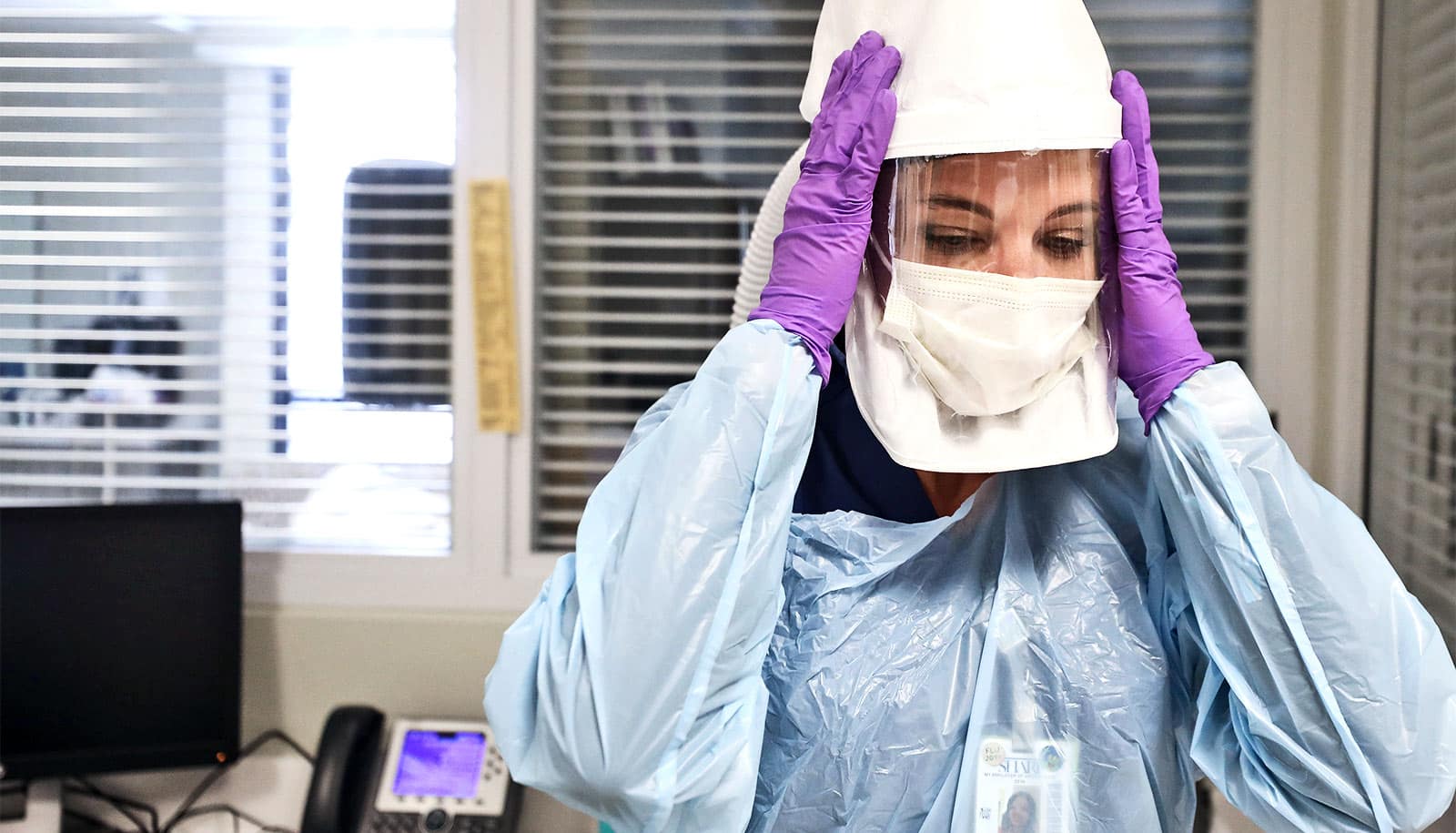Getting The Health Care - Center for American Progress To Work

Excitement About AHCCCS
This care is typically found in a health center emergency department. Secondary care also includes knowledgeable attendance during giving birth, extensive care, and medical imaging services. The term "secondary care" is in some cases utilized synonymously with "healthcare facility care". Nevertheless, lots of secondary care providers, such as psychiatrists, scientific psychologists, physical therapists, most dental specializeds or physiotherapists, do not always work in hospitals.

Top 10 health insurance companies in the US - Insurance Business
Depending upon the company and policies of the nationwide health system, patients may be needed to see a main care service provider for a referral before they can access secondary care. In Find More Details On This Page that operate under a combined market healthcare system, some physicians limit their practice to secondary care by needing clients to see a medical care provider first.
In other cases, medical professionals may see patients without a referral, and clients might decide whether self-referral is chosen. In other countries patient self-referral to a medical professional for secondary care is rare as prior referral from another physician (either a main care doctor or another specialist) is considered required, despite whether the funding is from private insurance schemes or national health insurance.

Millions of black people affected by racial bias in health-care algorithms
Humana: Find the Right Health Insurance Plan - Sign up for for Beginners
Tertiary care [modify] Tertiary care is specialized consultative healthcare, typically for inpatients and on recommendation from a primary or secondary health professional, in a center that has personnel and facilities for advanced medical examination and treatment, such as a tertiary recommendation health center. Examples of tertiary care services are cancer management, neurosurgery, cardiac surgical treatment, cosmetic surgery, treatment for extreme burns, advanced neonatology services, palliative, and other intricate medical and surgical interventions.
Experimental medicine and some types of uncommon diagnostic or surgical treatments are considered quaternary care. These services are generally only offered in a restricted number of regional or national healthcare centers. House and community care [modify] Lots of kinds of healthcare interventions are delivered beyond health centers. They consist of many interventions of public health interest, such as food safety monitoring, distribution of prophylactics and needle-exchange programs for the prevention of transmissible illness.
Community rehab services can assist with mobility and self-reliance after the loss of limbs or loss of function. This can include prostheses, orthotics, or wheelchairs. Numerous countries, especially in the west, are handling aging populations, so among the priorities of the healthcare system is to help senior citizens live complete, independent lives in the comfort of their own homes.

